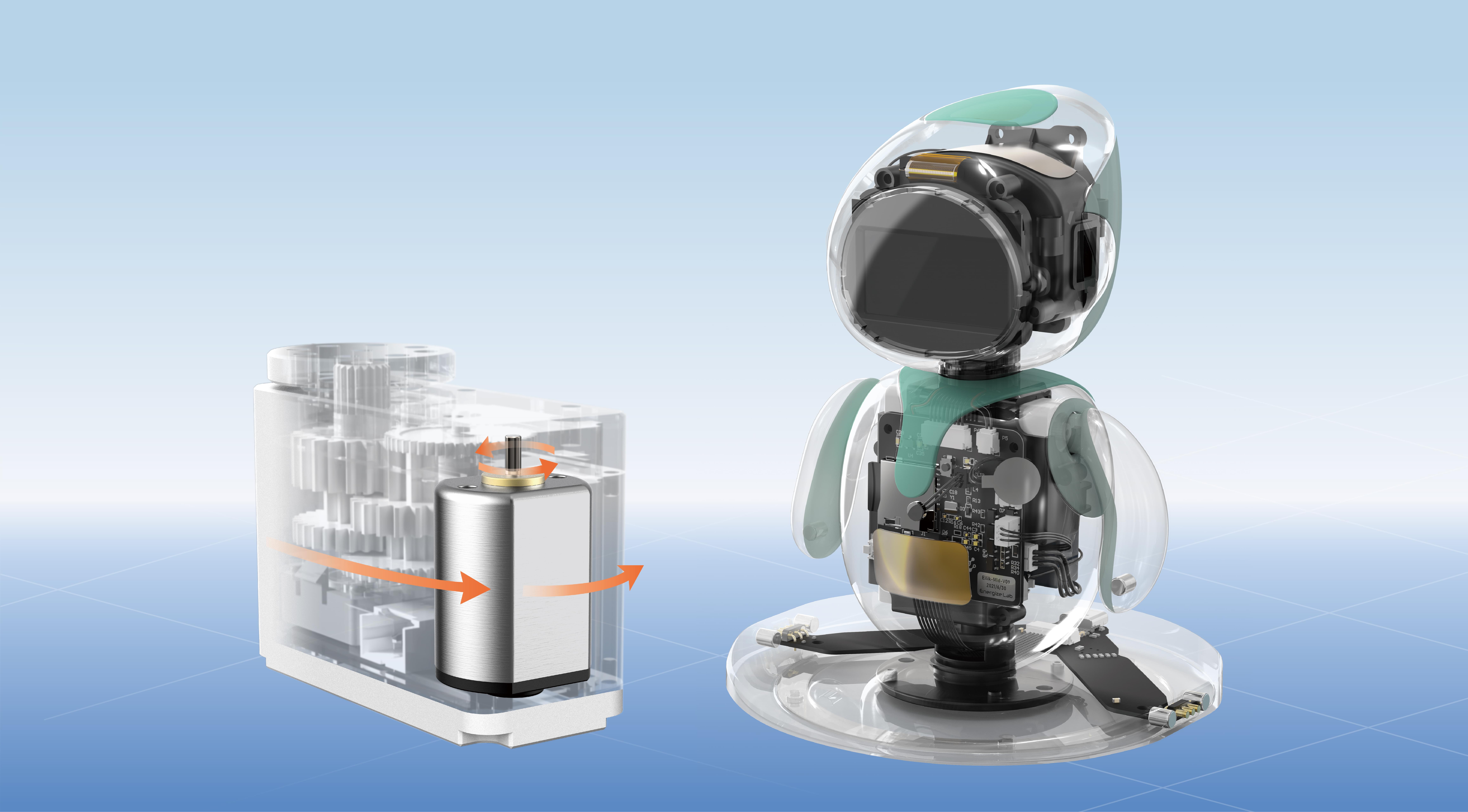Ever been stuck trying to untangle a web of complicated software? That's where microservices in DevOps come into play—like breaking a giant puzzle into smaller, manageable pieces. Think about it: instead of building one monolithic app that does everything, with microservices, you chop things up. Each part handles a specific function, like user authentication, payment processing, or product catalog. It sounds simple, but the payoff is huge.

What makes microservices magic in DevOps? Well, it’s all about speed and flexibility. Each microservice can be developed, tested, and deployed independently. So if one part needs an update, you don’t have to restart the whole system. Just fix that one microservice, and boom—less downtime, less risk. Developers love it because it streamlines workflows. Think of it like having multiple mini workshop stations rather than one massive factory—you work faster, smarter, and you’re always ready to roll out new features.
You’re probably wondering, how does this all fit into DevOps? It's a natural match. DevOps is about seamless communication between development and operations. Microservices fit perfectly because they break down the barrier of complexity. Smaller pieces mean quicker troubleshooting, easier scalability, and better resource management. When traffic spikes, just spin up more instances of your microservices. No need to overhaul the whole platform. This dynamic adaptability is why a lot of companies are jumping on board.
Let’s toss in a quick scenario. Imagine an online store with microservices: one for checkout, one for product search, another for user reviews. During Black Friday, traffic explodes. Instead of crashing, the checkout microservice scales out independently, handling orders smoothly, while the rest continue working as usual. That’s resilience in action. It’s like a well-oiled machine that can adapt on the fly rather than choking under pressure.
And what about challenges? Sure, microservices aren’t a silver bullet. Managing multiple services can become complex—more moving parts mean more things to monitor and coordinate. But with the right tools and practices, like containerization and continuous deployment, those headaches shrink. Many organizations report faster innovation cycles and happier teams.
To put it simply: microservices within DevOps are about making software more modular, more responsive, and resilient. If the goal is to stay ahead in a fast-moving digital world, this setup isn’t just a trend—it's almost a necessity. Small, focused services working in harmony—that’s the future. And boy, when it clicks, it’s beautiful.
Established in 2005, Kpower has been dedicated to a professional compact motion unit manufacturer, headquartered in Dongguan, Guangdong Province, China. Leveraging innovations in modular drive technology, Kpower integrates high-performance motors, precision reducers, and multi-protocol control systems to provide efficient and customized smart drive system solutions. Kpower has delivered professional drive system solutions to over 500 enterprise clients globally with products covering various fields such as Smart Home Systems, Automatic Electronics, Robotics, Precision Agriculture, Drones, and Industrial Automation.




































